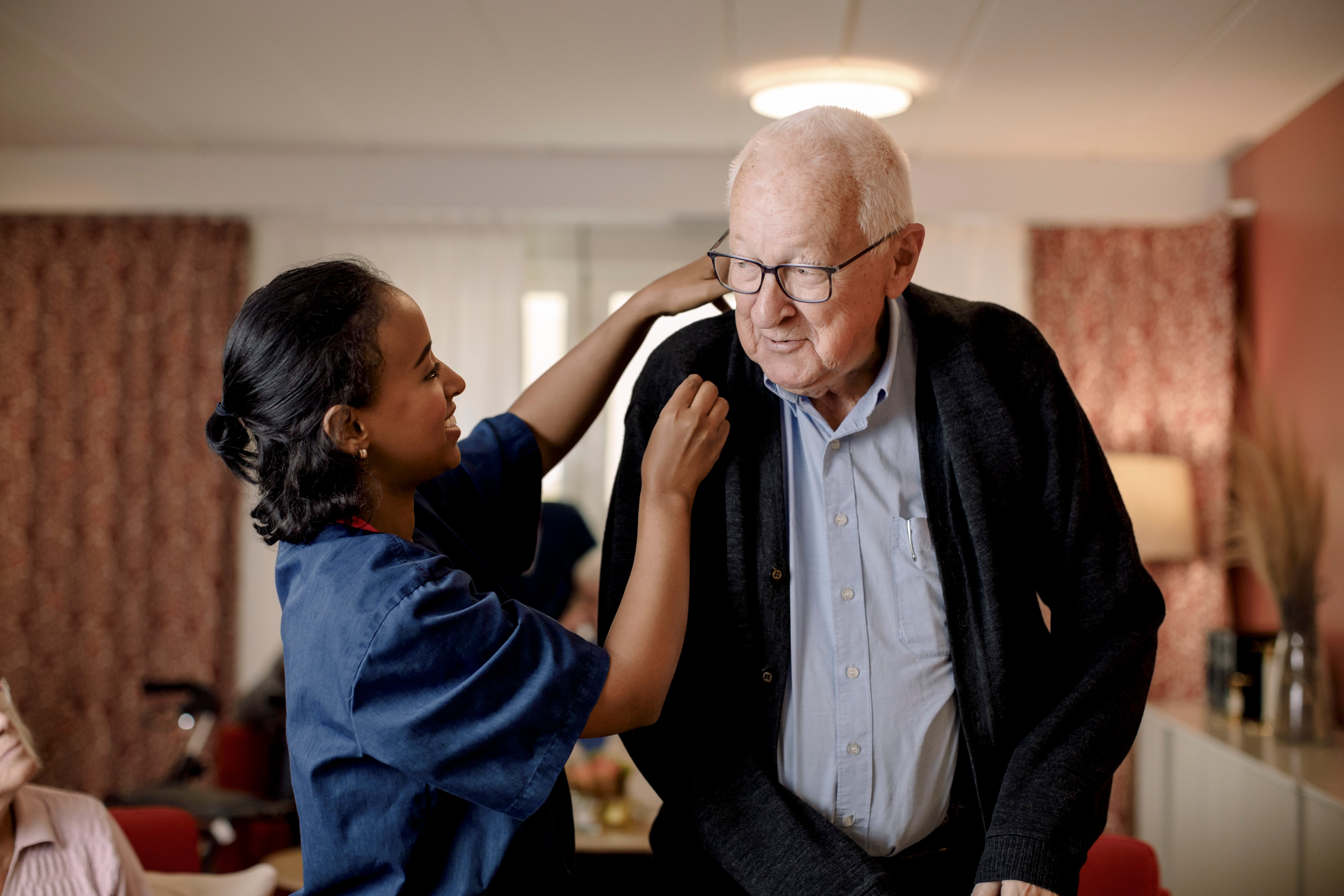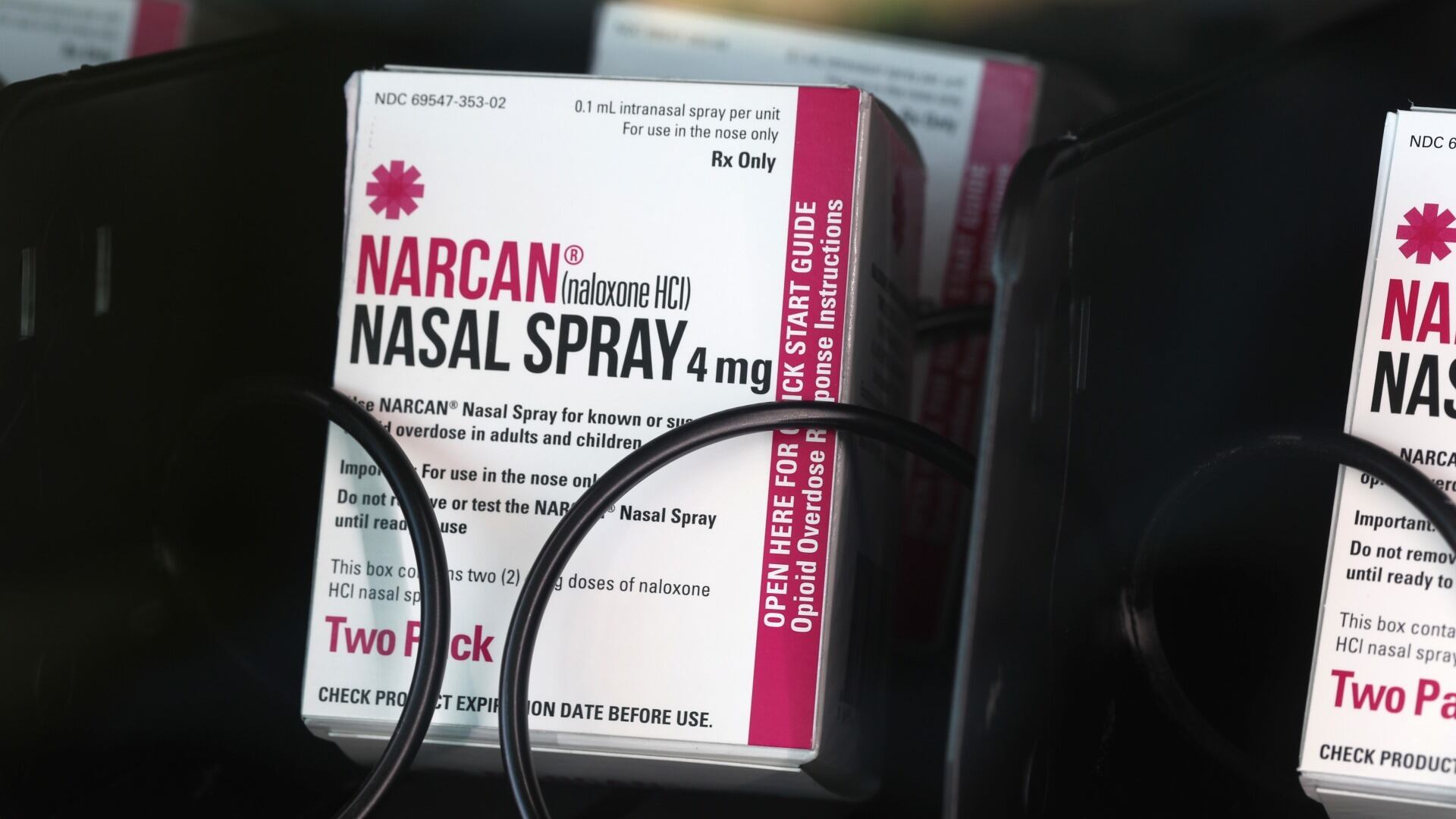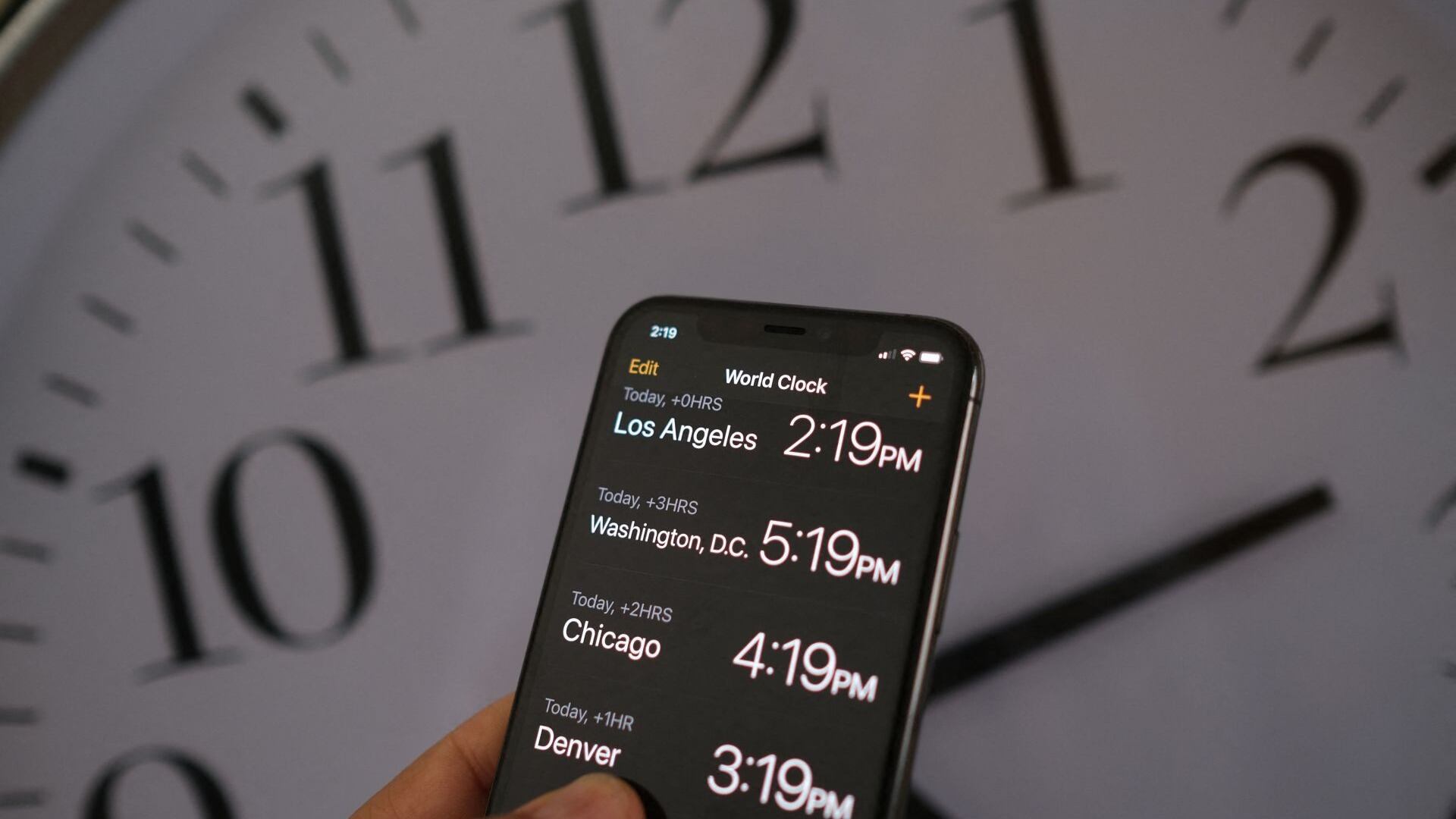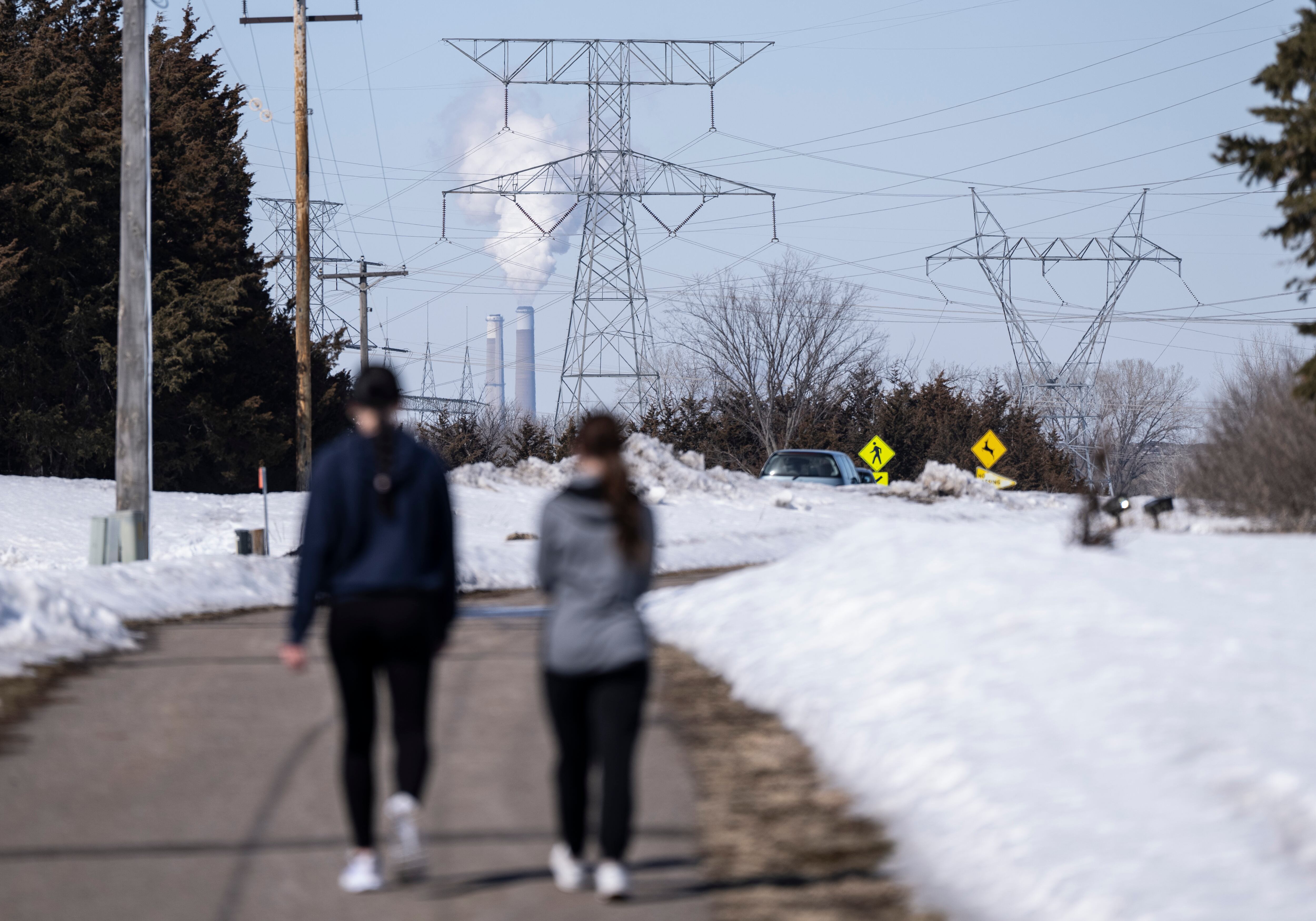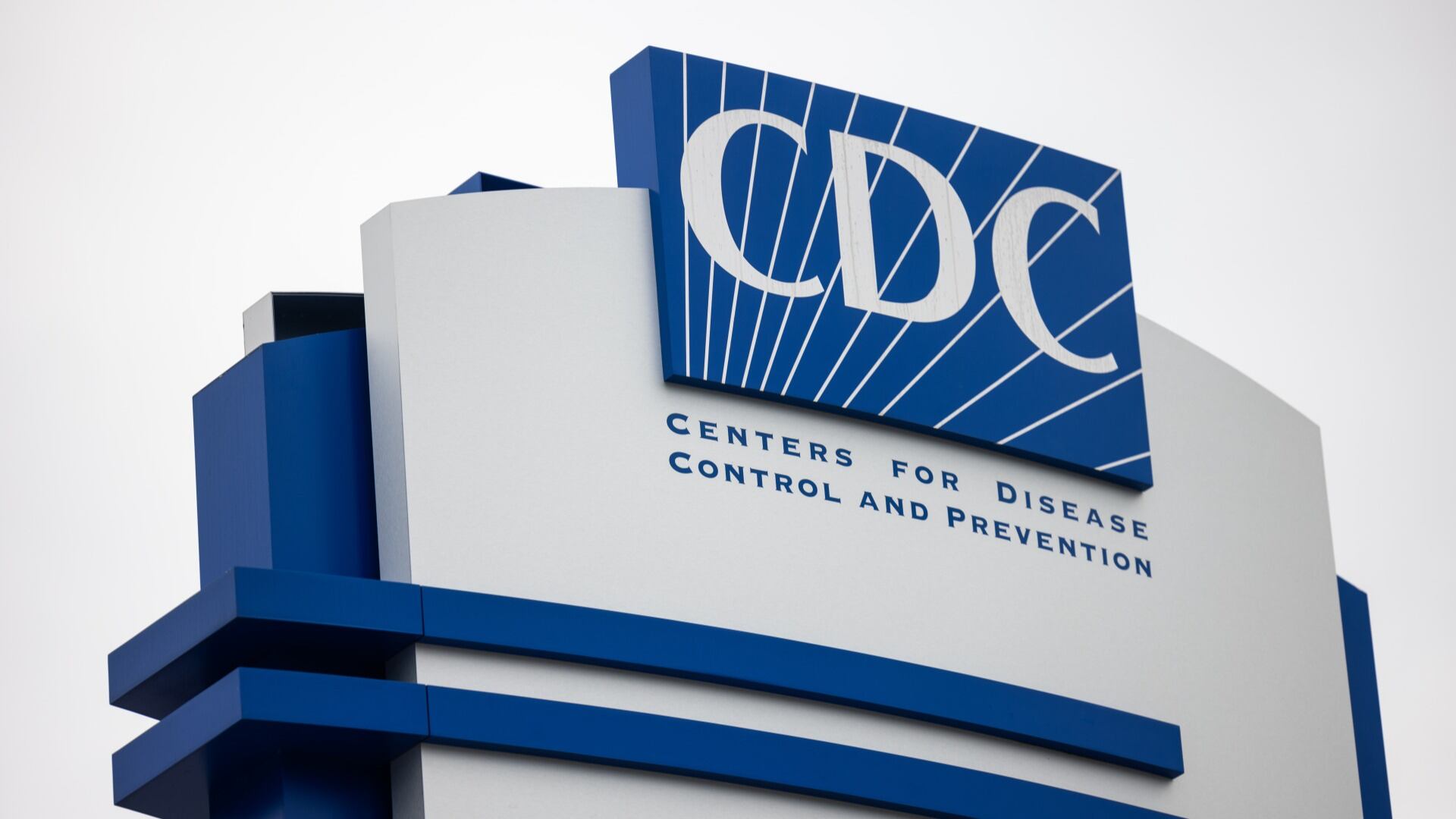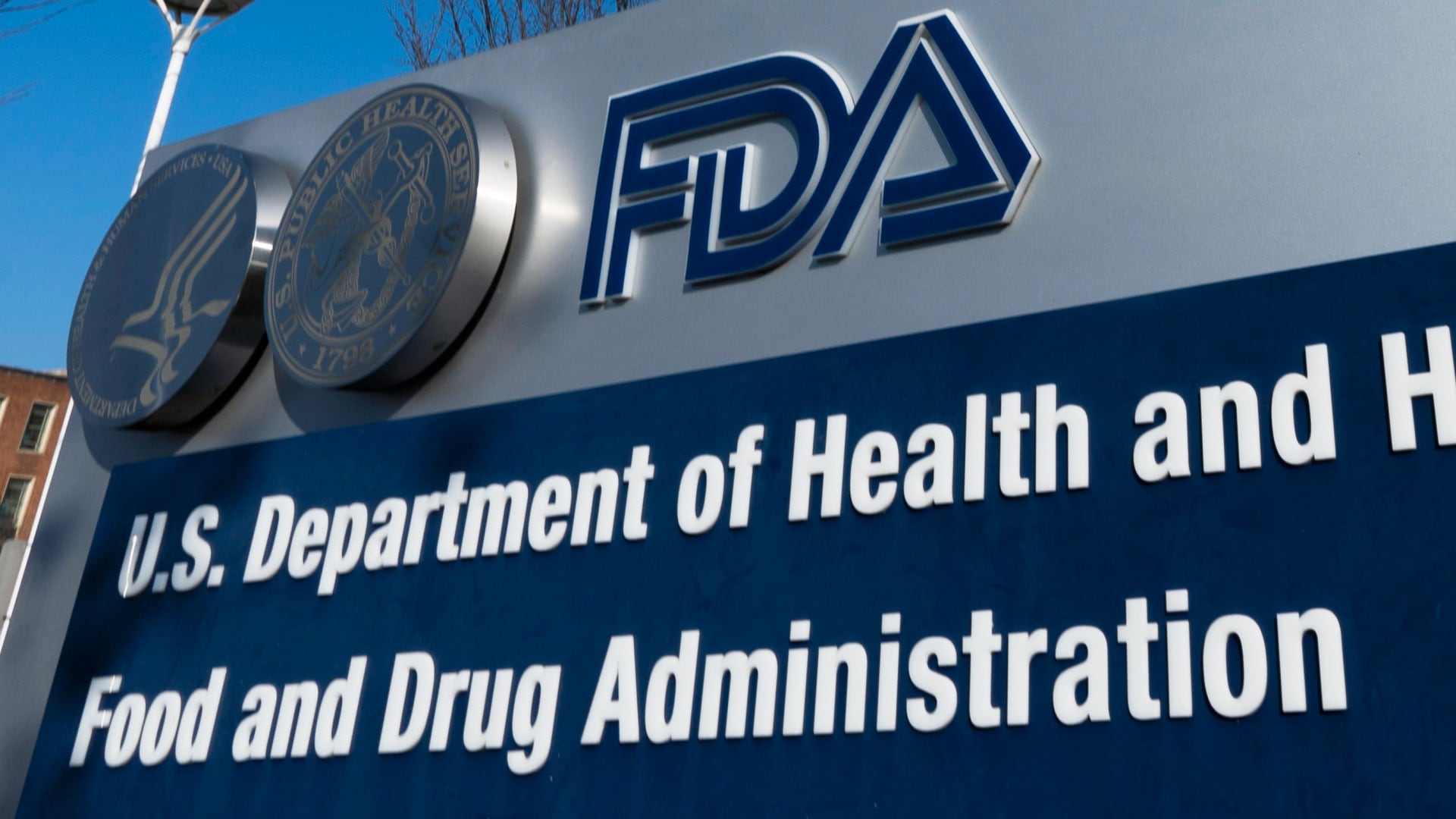Americans 60 and older can get a new RSV vaccine but should discuss it with their doctor first, U.S. health officials recommended Thursday.
The newly approved vaccines are expected to be ready in the fall, a time when flu shots and updated COVID-19 shots also will be available. Those eligible for the RSV vaccine should talk with their doctor to see if it is right for them, the Centers for Disease Control and Prevention said in a statement.
The CDC said adults with chronic heart or lung disease, weakened immune systems and those living in long-term care facilities are at higher risk for the respiratory infection.
RSV, or respiratory syncytial virus, is a common cause of cold-like symptoms but it can be dangerous for infants and the elderly. A surge last year filled hospitals with wheezing children. There's no vaccine yet for kids, but one for pregnant women to prevent illness in infants may be coming too, pending approval from the Food and Drug Administration.
On Thursday, Dr. Rochelle Walensky, the outgoing CDC director, signed off on a recommendation made last week by an advisory panel of outside experts for a single dose of the vaccines made by Pfizer and GSK. The FDA approved the shots last month for adults 60 and older.
The CDC panel initially considered a stronger recommendation that everyone 65 and older get the shot. But they weakened their endorsement after several members had questions about how well it works in the feeblest of patients, whether boosters will be needed and be effective, and the cost.
Drugmaker GSK told the panel that its RSV vaccine would be between $200 and $295. Pfizer has not disclosed a price. The vaccines may hold up over multiple seasons and it’s not yet clear whether boosters will be recommended.
Others wanted a stronger endorsement for those 65 and older. Asking people to consult their doctor “is an absolute impediment" to getting more people vaccinated and an extra burden on health care providers, Robert Blancato, executive director of the National Association of Nutrition and Aging Services Programs, said Thursday.
